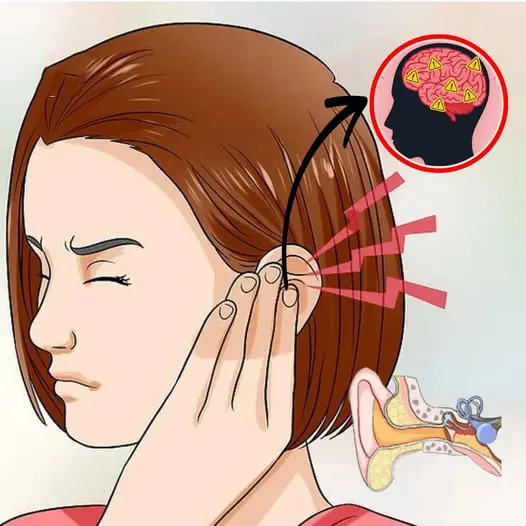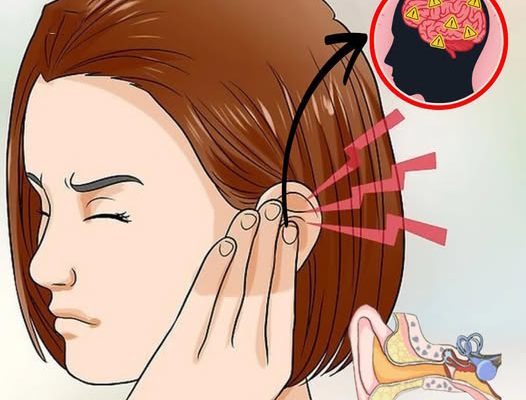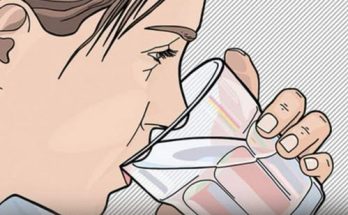What Causes Tinnitus?
Tinnitus, the perception of ringing, buzzing, or other sounds in the ears, can stem from several causes:
-
Age-Related Hearing Loss (Presbycusis): As we grow older, the hair cells in the inner ear that transmit sound signals to the brain naturally deteriorate, leading to hearing loss and possibly tinnitus.
-
Noise-Induced Hearing Loss: Prolonged exposure to loud noises, such as concerts, heavy machinery, or high-volume headphones, can damage the inner ear and lead to tinnitus.
-
Earwax Buildup: Accumulation of earwax can block the ear canal, causing irritation to the eardrum and triggering tinnitus.
-
Ear Infections or Blockages: Conditions like ear infections or fluid buildup can lead to pressure changes or blockages in the ear, contributing to tinnitus.
-
Medications: Certain medications, particularly those in high doses, such as aspirin, diuretics, antibiotics, or chemotherapy drugs, can cause or worsen tinnitus as a side effect.
-
Underlying Health Conditions: Health issues like high blood pressure, diabetes, cardiovascular disease, or temporomandibular joint (TMJ) disorders may lead to tinnitus.
-
Stress and Anxiety: Emotional stress can worsen tinnitus or make it more noticeable, often creating a frustrating cycle.

Is Ringing in the Ear a Sign of Something Serious?
While tinnitus is often a benign condition, persistent or worsening symptoms might indicate an underlying health concern. You should consult a healthcare professional immediately if you experience any of the following:
-
Hearing Loss: Difficulty hearing conversations or sounds alongside the ringing may indicate a more serious issue.
-
Dizziness or Vertigo: If you experience dizziness or a sense of imbalance, it could point to an inner ear condition like Meniere’s disease.
-
Pulsatile Tinnitus: A rhythmic ringing that matches your heartbeat may suggest a vascular issue, such as an aneurysm or blood vessel abnormality.
-
Sudden Onset: If the ringing starts suddenly, especially with pain, it is essential to seek immediate medical attention to rule out serious conditions.
Taking proactive steps and consulting a professional can help ensure that tinnitus is managed effectively and that any underlying causes are addressed.

